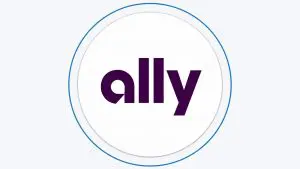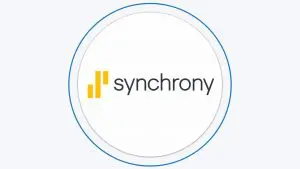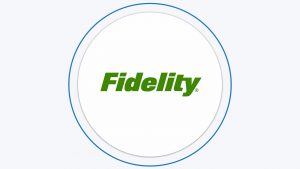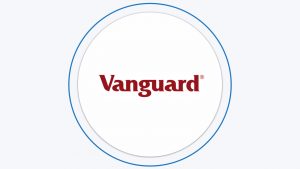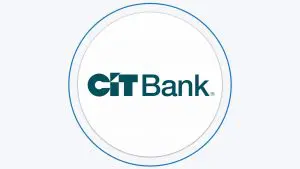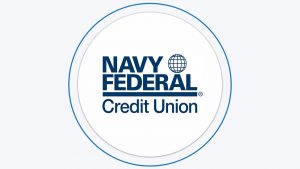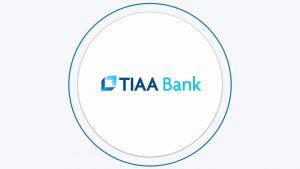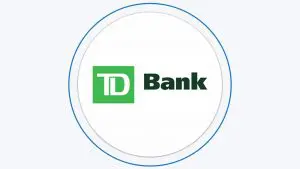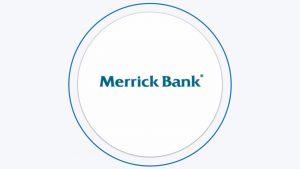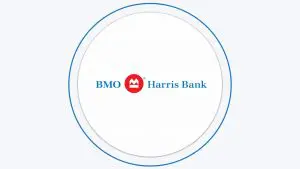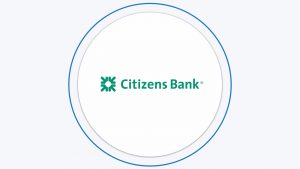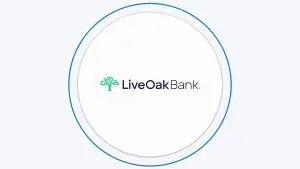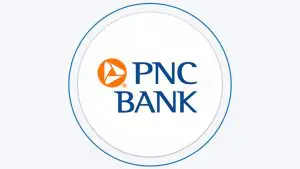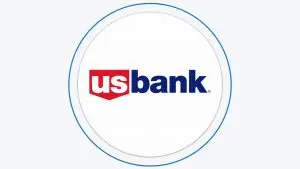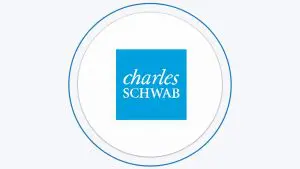If you're looking to invest in a certificate of deposit (CD), one of the decisions you'll have to make is the term of the CD. CDs are offered in a variety of terms, typically ranging from a few months to several years.
Two popular CD terms are 3-month and 6-month CDs. While a 3-month CD offers a relatively short-term investment option, a 6-month CD provides a longer-term investment with potentially higher interest rates. But which option is better for you?
In this article, we'll compare the rates, early withdrawal fees and features of 3-month and 6-month CDs to help you make an informed decision based on your financial goals and circumstances.
Compare 3-Month vs. 6-Month CD Rates
The logic behind CDs dictates that investors should expect higher yields for longer-term commitments with less flexibility. As such, most banks and credit unions offer higher rates for 6-month CDs than 3-month ones, as the former requires a longer commitment.
It's also worth noting that not all financial institutions offer 3-month CDs, as many banks prefer their customers to lock their money in for a longer term. Doing so allows banks to secure a source of funding for a specific period of time, which can range from a few months to several years.
When comparing rates between 3-month and 6-month CDs, the largest rate differences are typically found at banks like Discover, Synchrony, Bethpage Credit Union, and Ally Bank. Conversely, larger banks like Chase and Citi often offer “special CDs” for the short term, which can lead to higher rates for 3-month CDs.
Financial Institution | 3-Month CD | 6-Month CD | Minimum Deposit |
|---|---|---|---|
N/A | 3.00% | $1,000 | |
0.25% | 3.70% | $0 | |
N/A | 4.20% | $0 | |
2.00% | 4.20%
| $0 | |
N/A | 2.90% | $1,000 | |
N/A | 4.30%
| $2,500 | |
4.00% | 4.00%
| $1,000
| |
N/A | 4.00% | $2,500 | |
4.30% | 4.15% | $1,000 | |
4.35% | 4.20% | $1,000 | |
4.37% | 4.30% | $1,000 | |
N/A | 3.90% | $2,500 | |
3.00% | 4.00% | $0 | |
N/A | 4.20%
| $500 | |
4.30% | 4.35% | $25,000 | |
3.25% | 2.25% | $500 | |
3.75% | 0.03% | $1,000 | |
2.25% – 2.25% | 1.01% | $1,000 | |
1.25% | 2.00% | $50 | |
1.50% – 1.55% | N/A | $1,000 | |
1.00% – 4.00% | 1.00% – 4.00% | $250
|
Top Offers From Our Partners
Compare 3-Month vs. 6-Month Early Withdrawal Fees
In the case of a premature withdrawal from a CD, a bank or financial institution may levy an early withdrawal fee as a penalty. While 3-month and 6-month CDs are considered short-term investments, it's always a good idea to check the early withdrawal fees to avoid any surprises.
Typically, the early withdrawal penalty is the same across most banks and credit unions. However, some financial institutions do have variations in their early withdrawal fees, such as Chase Bank (90 vs. 180 days of interest).
It's worth noting that the penalty for early withdrawal usually doesn't exceed the interest earned on the CD. For instance, if the penalty is equivalent to 90 days of interest but you withdraw your funds after only 40 days, the penalty will be limited to 40 days of interest in most financial institutions.
Financial Institution | 3-Month APY | 6-Month APY |
|---|---|---|
N/A | 3 months of interest | |
90 days of interest
| 90 days of interest
| |
N/A | 3 months interest
| |
3 months interest
| 3 months interest | |
N/A | 90 days of dividends | |
N/A | 90 days of interest | |
25% of total interest earned | 25% of total interest earned | |
N/A | 90 days of interest | |
Fees, based on the amount | Fees, based on the amount | |
Fees, based on the amount | Fees, based on the amount | |
Fees, based on the amount | Fees, based on the amount | |
N/A | 100% of interest earned | |
60 days of interest
| 60 days of interest
| |
N/A | 90 days interest
| |
90 days of interest
| 90 days of interest
| |
90 days of interest | 90 days of interest | |
90 days of interest
| 90 days of interest
| |
90 days of interest
| 180 days of interest
| |
90 days of dividends
| 90 days of dividends
| |
90 days of dividends | 90 days of dividends | |
3 months of interest
| 3 months of interest
|
Should I Consider a 3-Month or 6-Month CD?
Deciding whether to consider a 3-month or 6-month CD depends on your financial goals and circumstances.
A 3-month CD is a short-term investment option that typically offers a lower interest rate than longer-term CDs. It may be a good choice if you have some extra cash that you want to invest for a short period of time, but still want to earn some interest. Additionally, a 3-month CD may be suitable if you need the money back in the near future or if you want to reinvest the funds into a higher-yielding opportunity.
On the other hand, a 6-month CD provides a slightly longer commitment, but it also offers a higher interest rate than a 3-month CD. It may be a better option if you don't need the funds immediately and are looking for a slightly higher return on your investment.
When deciding between a 3-month or 6-month CD, it's important to compare interest rates from different banks and credit unions, as well as any potential early withdrawal penalties. You should also consider your current financial needs, such as upcoming expenses or future investment opportunities, to determine which option is the most appropriate for you.

